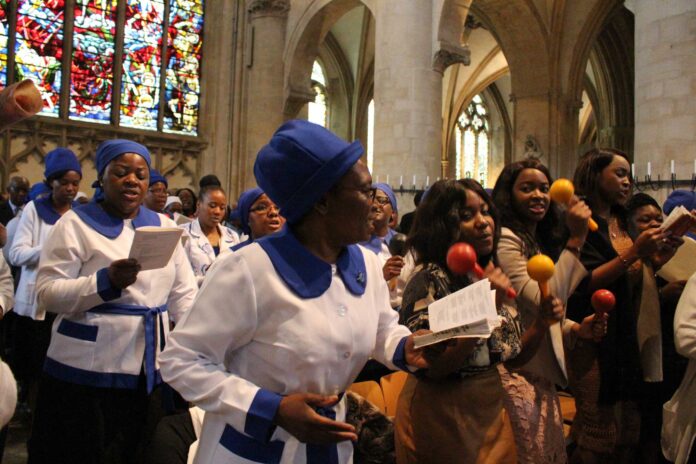
Sydney Kawadza
The United States has expressed government’s suspicious treatment of religious activities amid reports that authorities continue to monitor public events, prayer rallies and congregations.
According to the Zimbabwe 2020 International Religious Freedom Report, Zimbabwean authorities also monitored religiously affiliated NGOs perceived to be critical of the government.
The report, however, that there were no reports of specific incidents or disruptions.
The Zimbabwean constitution prohibits religious discrimination and provides for freedom of religion, including the freedom to practice, propagate, and give expression to one’s religion, in public or in private and alone or with others.
“NGOs continued to report that some religious officials who engaged in political discourse perceived as negative toward the government became targets of the security services.
“The government generally monitored public events with neither reported preference nor deference shown for religious gatherings.
“Religious activities and events remained free from MOPA restrictions, but observers stated the government continued to categorize some public gatherings as political, including religious gatherings such as prayer vigils and memorial services, perceived to be critical of the ruling party,” the report released by the US Embassy in Harare said.
According to the report, multiple church organizations, including the Churches Convergence on Peace, ZCC, and ZCBC, released letters appealing for tolerance, national unity, peace, reconciliation, healing, and stability while calling on the government to uphold the constitution and protect citizens’ political rights.
In August last year, the ZCBC issued a pastoral letter calling on the government to build peace, eradicate corruption, and strive for stability and good governance.
The letter called the “crackdown on dissent” “unprecedented” by a government that “automatically labels anyone thinking differently as an enemy of the country.”
Information Minister Mutsvangwa responded by calling the ZCBC “evil-minded…reckless regime-change agents” who were seeking to incite the public to rise against the government and “sow seeds of internecine strife as a prelude to civil war.”
The report states that several sources, including the Vatican, ZCC, Evangelical Fellowship of Zimbabwe, Zimbabwe Human Rights NGO Forum, and others defended ZCBC president Archbishop Robert Ndlovu while local commentators criticized the government for singling out the Archbishop, of Ndebele ethnicity, as an attempt to divide the country along tribal lines.
The statement said the US Ambassador to Zimbabwe Brian Nichols and his officials met religious leaders throughout 202 to underscore the importance of religious tolerance.
The meetings also discussed religious freedom, religious tolerance, and the role of faith communities in supporting political reconciliation and national healing.
Zimbabwe’s population is estimated at 14.5 million with government’s 2015 Demographic and Health Survey indicating that 86 percent of the population is Christian, 11 percent reports no religious affiliation while less than two percent adheres uniquely to traditional beliefs.
Less than one percent of the population is Muslim.
According to the survey, of the total population, 37 percent is Apostolic, 21 percent Pentecostal, 16 percent other Protestant, 7 percent Roman Catholic, and 5 percent other Christian.











